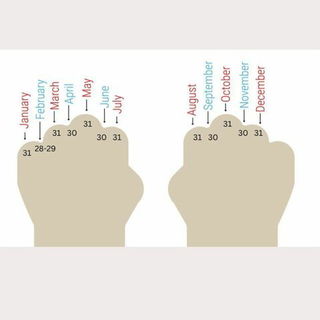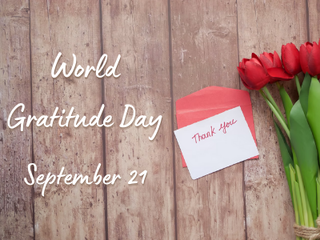- Calendar
- Calendar 2025
- September
- Read a Book Day
Read a Book Day
National Read a Book Day falls on September 6 every year. It is a day for all book lovers to get lost in that novel that they've been wanting to read for a while, and it is also a day for those who don't usually read to give books a chance and get lost in the world of literature.
Books are great forms of escapism, allowing us to get away from our lives for a bit, but they are also crucial in helping us expand our knowledge and challenge our perspectives.
So, on Read a Book Day, turn off your TV, put your phone down away from you, and delve into a good book!

Read a Book Day Background
The origins of Read a Book Day are unclear, but it is likely the creation of someone who wanted to encourage people to read more. In general, Americans love reading but feel like they don't have enough time in the day to do it, so this is the perfect opportunity to pause, sit down, and turn those pages.
The majority of people prefer to read in the comfort of their own homes and take some time before bed to get a few pages in. Others take some moments of their daily life to read a few chapters of their book, such as during their commute to work, while they're waiting for an appointment, or during their lunch or coffee break.
How the Book was Invented
Books have existed for centuries, with the first printed books existing between 618 and 907 AD in China. They became popular with the general population around the 17th century when the mass production of books increased, making them available to everyone.
However, before books could become widespread there needed to be the right material to write on and a writing system that could be used.
Since the invention of the book, modern technology has also played a role in influencing our reading habits. Here is a timeline of some of the most important moments in the development of the book.
The Emergence of Writing Systems
Writing systems are explored and used in Mesopotamia and Egypt, hieroglyphics for example. This societal change allows for the preservation of knowledge, such as stories and daily life in physical form.
The Invention of Papyrus
The ancient Egyptians discovered papyrus, a material made from reeds. This material provided a more convenient medium for writing than clay tablets or stone.
The Invention of Paper
The invention of paper is traditionally attributed to Cai Lun, a Chinese imperial official, who experimented using a combination of mulberry bark, hemp, rags, and other plant fibers. This discovery lowered the cost of preserving information.
The Gutenberg Printing Press
Johannes Gutenberg invented the movable type printing press in Europe. This revolutionized the process of book production and led to an increase in literacy rates and the spread of knowledge.
The Industrial Revolution
The Industrial Revolution brought advancements in printing technology, making books and newspapers more affordable and accessible to a wider audience.
A Digital Revolution
The development of electronic devices and the internet revolutionized the way books are created, distributed, and consumed. E-books and online platforms become popular alternatives to traditional printed books.
The Introduction of the Kindle
Amazon introduced the Kindle e-reader, a device specifically designed for reading e-books. The Kindle's success paved the way for the widespread adoption of digital reading devices.
Self-Publishing and Print-on-Demand
Self-publishing platforms and the rise of print-on-demand services enable authors to bypass the middleman, make more money, and bring their works directly to readers.
In modern times, many people still prefer physical books. The tactile experience, the smell of the pages, and the aesthetic pleasure of a bookshelf filled with books are aspects that some find irreplaceable.
However, technology has significantly evolved in the past few years, and now people can read digital books on their Kindle, phone, or tablet, which can be more practical if they want to bring a lot of books while traveling.
Some people don't have the patience to sit down and read, so they consume their literature through audiobooks while working, cooking, or commuting.
What to do on Read a Book Day
The obvious answer is to read a book! Find the time to finish that book that has been sitting on your nightstand for a while, or start that book that you've been wanting to read that you haven't started yet.
If you'd like to get into reading but lack the motivation to keep up with it, join a book club! They are very popular and have set reading goals to meet, which will make you want to finish the book so you know what to talk about during your meetings.
Most Acclaimed Books of all Time
If you're new to reading or wish to start with classic or acclaimed books, this list is for you:
- Anna Karenina by Leo Tolstoy
- To Kill a Mockingbird by Harper Lee
- The Fellowship of the Ring by J.R.R. Tolkien
- The Handmaid’s Tale by Margaret Atwood
- Pride and Prejudice by Jane Austen
- Man’s Search for Meaning by Viktor E. Frankl
- Dune by Frank Herbert
- A Brief History of Time by Stephen Hawking
Recommended For You:

Other Celebrations
-
Mar 19 WedInternational Read to Me Day
-
Apr 01 TueEdible Book Day
-
Apr 02 Wed
-
Apr 23 Wed
-
Aug 09 Sat
-
May 02 Sat

Read a Book Day - Next years
Sunday, 06 September 2026
Monday, 06 September 2027
Wednesday, 06 September 2028











